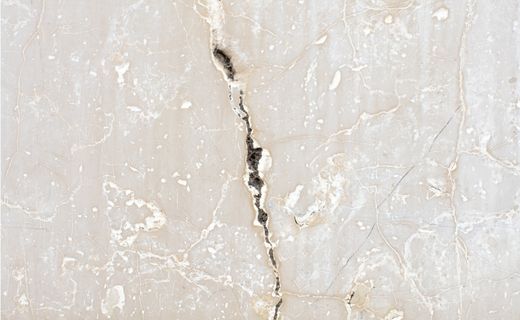
Water seepage is a common issue that homeowners face, and it can cause significant damage to the structure of the building, as well as create an environment for mold and mildew to grow, leading to health hazards. Therefore, it is crucial to make your home 100% waterproof with leakage-proof chemicals. In this blog, we will be discussing the importance of waterproofing, what are the sources of water seepages in detail, and solutions to all such issues. We will also highlight how 20MCC’s Nanosil acts as the best leak-proof chemical for dealing with water seepage issues. Waterproofing has many advantages, including: Protection from water damage Increased lifespan of the building Reduced need for costly repairs and maintenance Improved indoor air quality by preventing mold growth Sources of Water Seepage Cracks In Walls And Floors In the structural construction, walls and floors are some of the most affected parts in terms of water seepage through cracks. Cracks can result from many causes including: settlement, thermal movements of building materials and improper construction techniques. It is also through these cracks that water can penetrate and affect the structure of the building. To prevent water seepage due to cracks, it is essential to repair them as soon as possible. There are many ways of repairing cracks including crack-filling methods that should not be used to correct such problems. Faulty Pipes Or Improper Drainage Water seepage can also occur as a result of broken pipes or poor drain system installations. Pipes that are damaged or installed in the wrong manner may end up producing water droplets that cause water damage. Likewise, If the drainage system is not properly working, there is a possibility of pool formation at the base of the building which causes a seepage problem. In order to avoid water seepage especially through defective pipes or wrong drainage systems, the plumbing and drainage systems must be well checked and maintained thoroughly. Any pipe that is damaged or faulty should be repaired or replaced promptly, and the drainage system free from any obstruction. Groundwater Seepage In Areas With A High Water Table Leakage from the ground water is normal in a region that lies close to the water table. When the water table is high, water can penetrate into the foundation of the building causing water damage. To prevent seepage of water through the foundation, there must be a need to place a waterproof membrane or a covering around the foundation. This will create a barrier between the foundation and the water, this would help to prevent water getting into the foundation. Poorly Designed Roofs Another area affected by poorly designed roofs is water seepage. Roofs that are flat or have a low pitch can collect water and this will lead to water seeping through the roof. Likewise, if the roof is not put in the right way or if it is damaged, water can infiltrate the building easily. To avoid water seepage due to a poorly designed roof, one has to make sure that the roof is designed appropriately and installed by a specialist. Along with this roof waterproofing should be done for flat roofs to avoid further damage. Regular maintenance and inspection of the roof can also help prevent water seepage. Know all the adequate methods to fix roof leakage issues in detail through this blog. Inadequate Waterproofing Of The Foundation Water seepage can also be caused by poor installation of waterproofing of the foundation. When The Foundation Is Not Waterproofed Properly, Water May Penetrate Into The Building And Cause Water Damage. Thus, the use of leakage-proof chemicals is needed here. In order to prevent water seepage, it is important that the foundation repair is done correctly. This can be done by installing a waterproof membrane or a layer around the foundation. Waterproofing paints, coatings, and membranes Installation of French drains Installation of sump pumps Repair of pipes and drainage systems Using a waterproofing chemical - nanosil: the best leak-proof chemical 20MCC’s nanosil is the best leak-proof chemical for waterproofing. It is a dual-part, elastic coating for waterproofing that can be used on concrete, metal, and wooden surfaces. Nanosil Possesses Excellent Adhesion Characteristics and can endure harsh weather conditions especially in areas of high rainfall or humidity. It also protects against UV rays, chemicals, and abrasion, thus providing a long-lasting barrier from water damage. Since being effective, there are many other ways available with which water seepage issues can be fixed. That is why it is possible to explore this blog to know in detail how to fix water seepage issues before they become too big. Nanosil has many advantages, Including: Easy to apply Long-lasting protection against water damage Excellent adhesion properties Resistance to extreme weather conditions Resistance to UV rays, Chemicals, and abrasion Suitable for both new and existing structures Advantages of Waterproofing
Water Seepage Problem Occurs Due To
Tips to avoid water seepage issues with waterproofing solutions
Advantages of Nanosil - waterproofing solutions for seepage
Conclusion
In Conclusion, waterproofing is a necessity for any construction work and using leakage-proof chemicals are the right steps to achieving 100% waterproofing. Water seepage can cause significant damage to a building, and it is crucial to take preventive measures. 20MCC’s nanosil turns out to be the best leak-proof chemical for waterproofing, offering long-lasting protection against water damage and heavy leakages. To know more about our waterproofing chemical and other waterproofing solutions, visit to book an appointment with us.